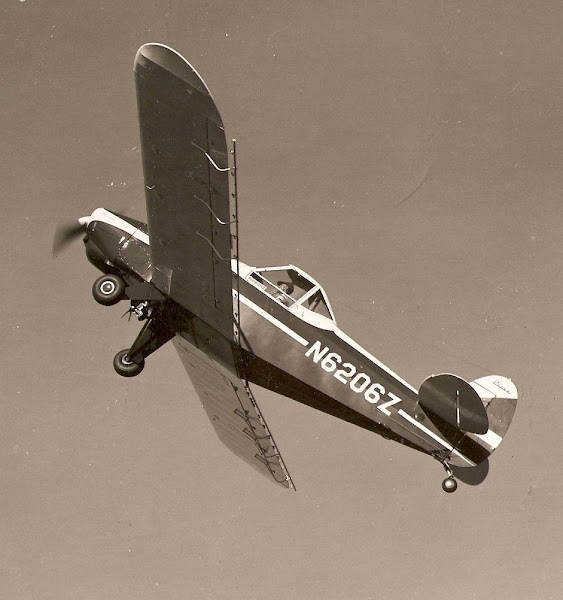
May 06, 1875, Banner-Democrat
Was a success on the part of the Providence Fire Company No. 1 and the school children. It far exceeded any display ever made by the fire company since their organization, and spoke well for their perseverance in the cause under all the discouragement which have surrounded them. They were met on the grounds in Mr. F. F. Montgomery's yard, by great numbers of ladies and gentlemen. The arrangement and execution of the whole celebration was complete and beautiful. The school children were trained to sing for the occasion by Mrs. Newman, lady of our worthy Mayor. The speeches were taught them by professor R. K. Jayne.The children sang very sweetly and showed how excellently they had been trained. And as to the judgment displayed by professor Jayne in the arrangement of the whole affair, we cannot do him full justice. We regard him as decidedly the hero of the occasion.Col. C. M. Pilcher was the selected orator of the day, and delivered a very elegant and appropriate address, receiving continued applause. After which a number of gentlemen were called upon and made handsome extempore addresses. The little Queen, Flora Reynard, looked very sweetly and did her magisterial duties well.The boys and girls all acted their part so perfectly that we cannot draw comparisons. It was all good.There was a ball at night, where the devotees to Therpsichore remained to the 'we small hours.'The firemen deserved great credit, and the property holders of Providence ought to step forward and help them.







.jpg)









